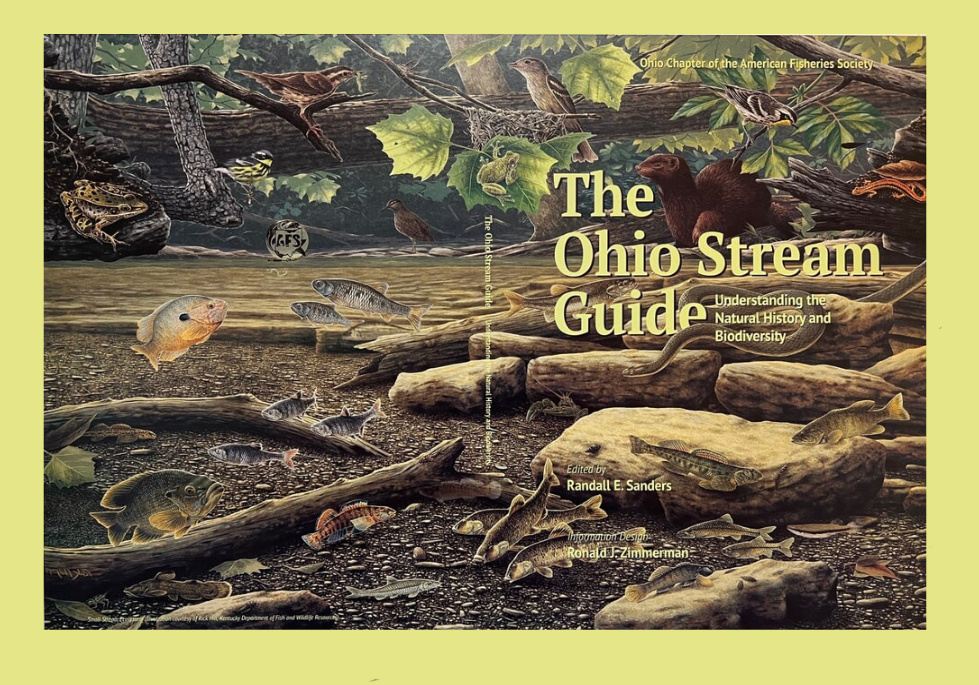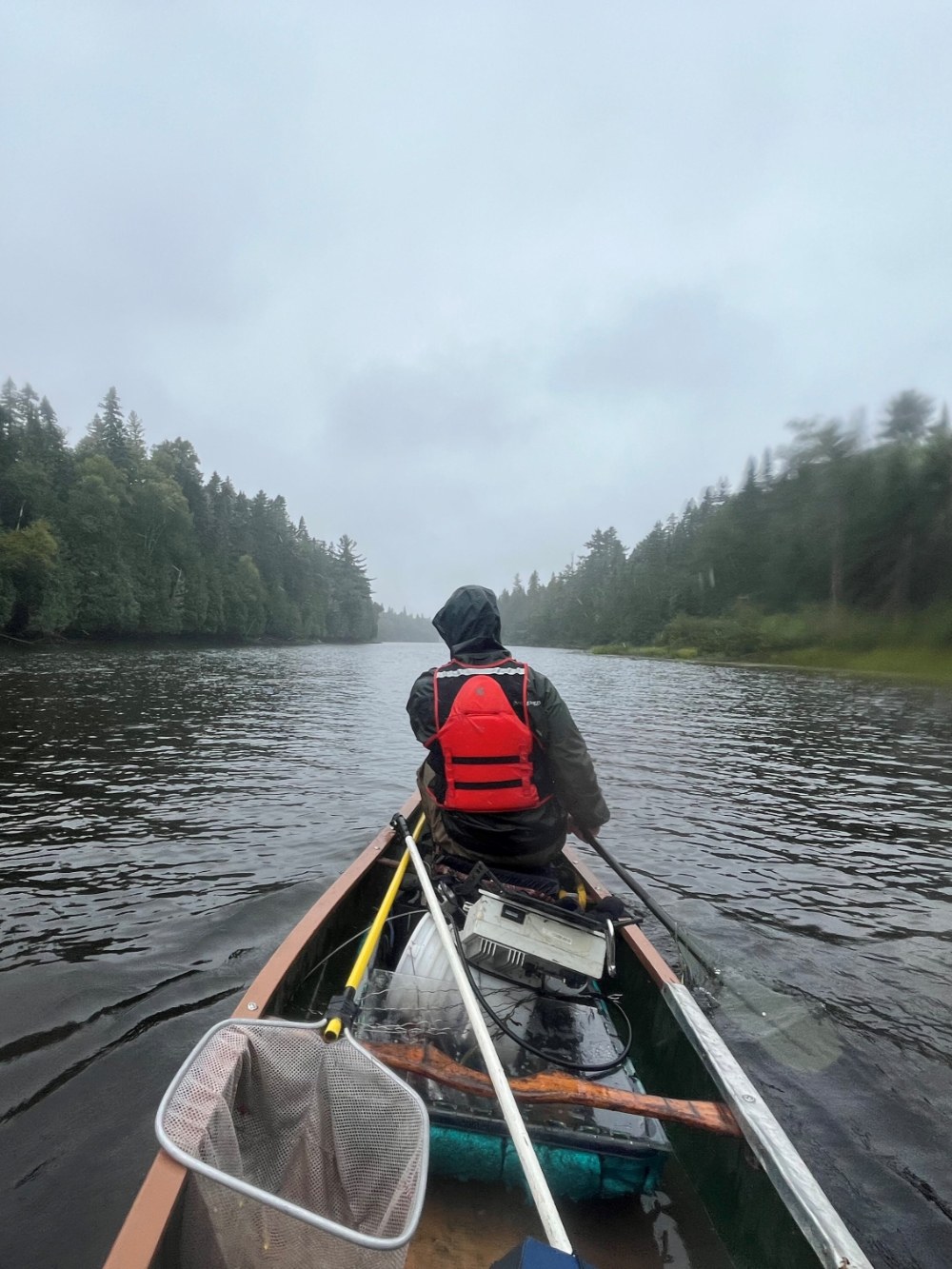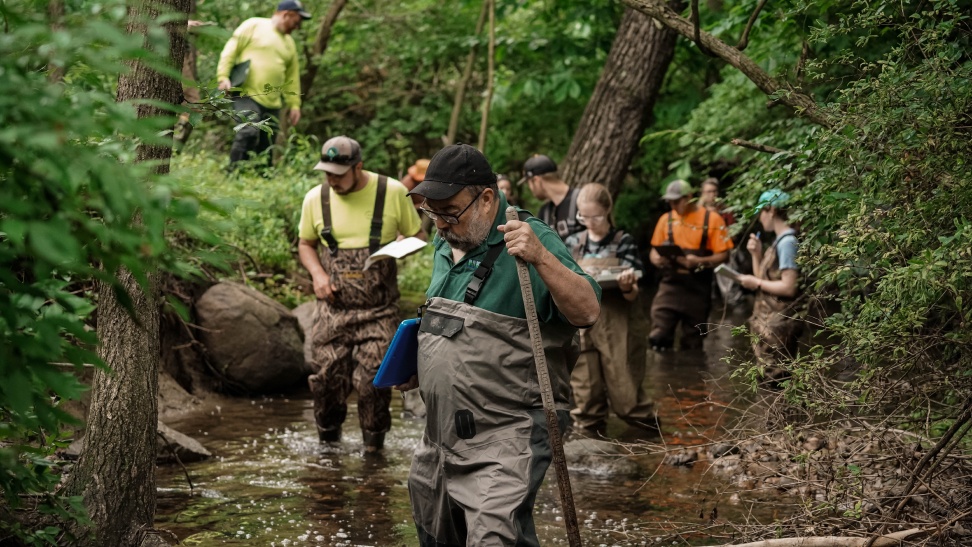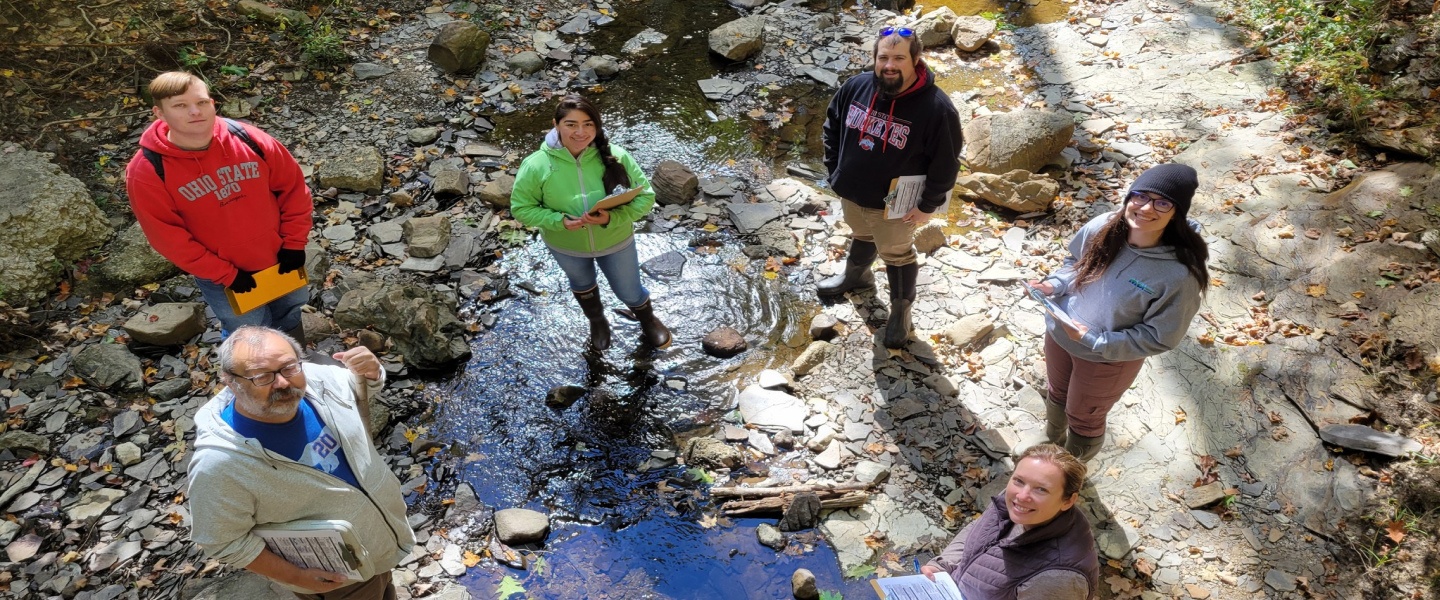
MBI Completes a New and Revised “Ohio Stream Guide!”

Midwest Biodiversity Institute’s Randy Sanders recently completed a new edition of the popular 25-year-old educational book “A Guide to Ohio Streams”.
MBI specializes in aquatic resource management by performing bioassessments of rivers, streams, and lakes.


We conduct monitoring of rivers and streams to assess the effects of pollution. It's like being a detective for waterways, it helps ensure that our water is clean and safe and allows us to identify where there are stressors that are affecting a waterbody.
Our expert taxonomists are certified as Level 3 Qualified Data Collectors under the Ohio Credible Data Program, and are able to accurately identify aquatic macroinvertebrate and fish samples.
With decades of experience in water quality and water pollution control laws and regulations, MBI actively comments on Ohio EPA rules and state/federal policies dealing with water quality and water pollution, aiming to preserve and maintain biological integrity. We provide expertise to local, state/federal agencies, and regulated entities.
We conduct complex data analyses in support of biological and water quality management needs. This includes data reviews, analyses for setting watershed priorities, stream restoration projects, and impact assessments for a wide range of environmental stressors (e.g., nutrients, toxicants, habitat, etc.).
MBI’s Mission:
Our mission is to protect and restore the quality and biological integrity of our waters through science-based research, education, and policy development.
Together with our community, we are actively removing barriers and discovering solutions to address the urgent challenges of climate change and biodiversity loss.
At MBI, we are focused on sharing our passion for the environment through science based education.
Join our Citizen Science Program and become part of meaningful ecological research. No prior experience is needed—just a passion for the environment.
Our training courses are designed for everyone—from environmental professionals to anyone curious about protecting and caring for their local ecosystems.
We offer a number of training courses aimed at professionals and citizen groups alike. We offer a wide range of courses for anyone interested in increasing their knowledge and skills in aquatic resource ecology and evaluation. We also provide the training necessary to obtain Qualified Data Collector Status through the Ohio EPA Credible Data Program.

Our goal is to safeguard and enhance the health and diversity of our water environments using scientific research, education, and policy initiatives.
We aim to improve, restore, protect, and manage our country's water-based natural environments.
Explore our news, technical reports, and articles featuring the latest discoveries in environmental science.
Check back often—we’re always adding new insights and exciting updates!


Midwest Biodiversity Institute’s Randy Sanders recently completed a new edition of the popular 25-year-old educational book “A Guide to Ohio Streams”.


Midwest Biodiversity Institute’s Randy Sanders recently completed a new edition of the popular 25-year-old educational book “A Guide to Ohio Streams”.
Our Frequently Asked Questions
All aquatic life needs oxygen to survive. Dissolved oxygen is the amount of oxygen that dissolves in water. Typically, levels higher than 5 mg/l are sustainable for survival in Ohio streams.
Because it varies by course, this information as well as complete course instructions are available when you view your order. Simply go to “My Account”, and click on view.
You can donate to MBI by visiting our donation page on our website. We accept various payment methods, including credit/debit cards and PayPal. You can also donate by check by mailing to: Midwest Biodiversity Institute, 4673 Northwest Parkway, Hilliard, OH 43026.
If you would like to donate stock, goods, services, or even your time, please contact MBI’s Executive Director Trent Dougherty at tdougherty@mwbinst.com.
Chemical testing to identify specific concentrations of different parameters such as dissolved oxygen, biochemical oxygen demand, nutrients, pH, total hardness, metals, pesticides, temperature, and turbidity. This is important because it can determine if water can sustain aquatic life and can also help identify point source pollution or from polluted runoff.
Habitat alterations, land use changes, and various pollutants can and do impact
fishes and their assemblages.
-